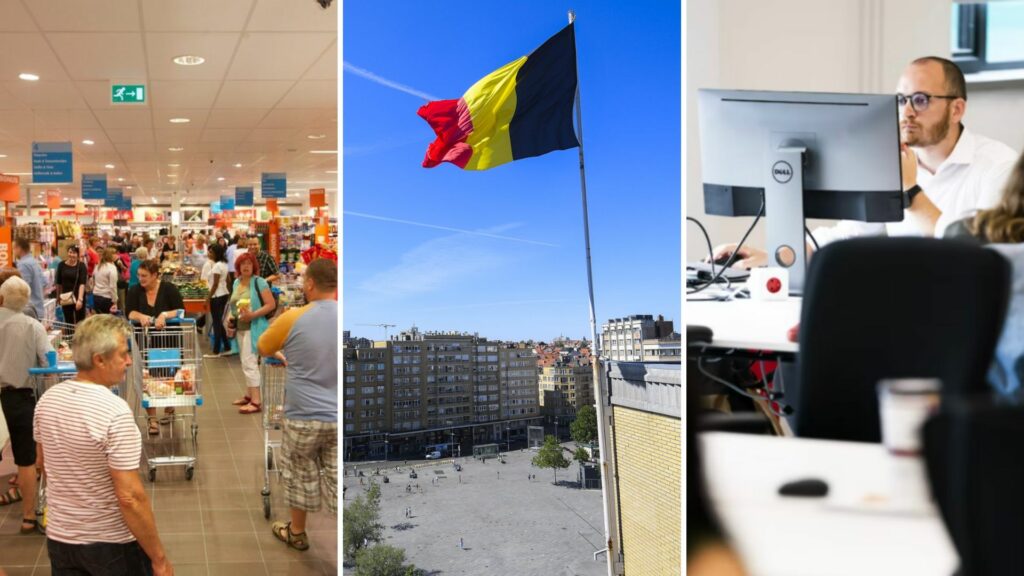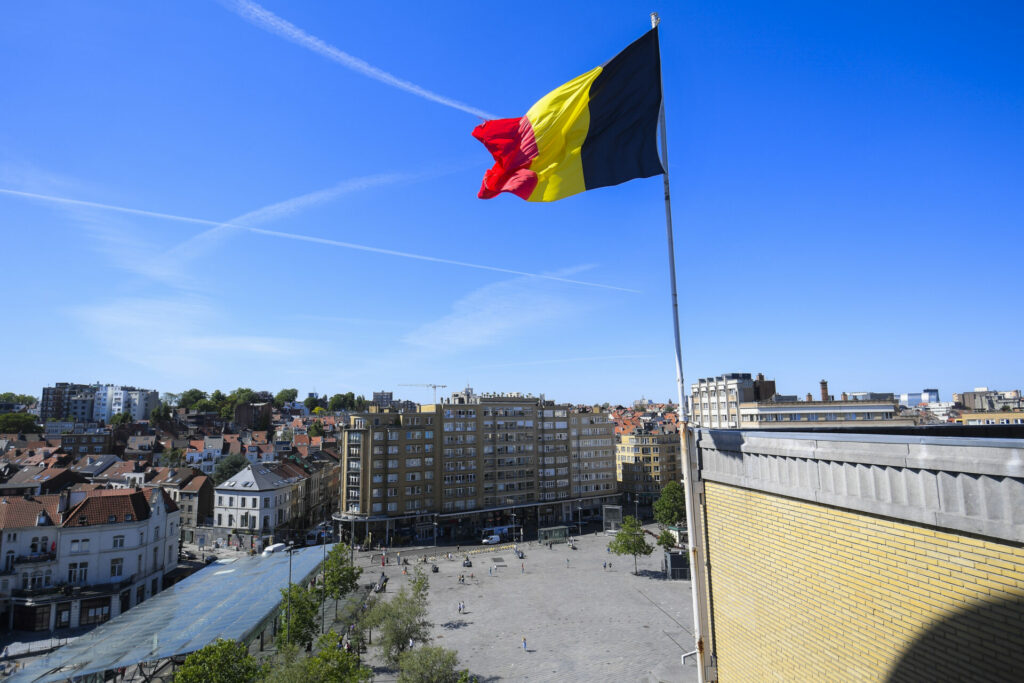On the issue of national finance, Belgium is used to being scolded for an unsustainable deficit that is balanced on the brink of disaster. It's a refrain that has been heard from EU auditors and international monitors alike, though the persistent warnings have done little to set the country on a more "responsible" course, with Belgium's budget deficit on course for 5% of annual GDP next year.
This puts us well beyond the limits defined by the EU's Maastricht Treaty, which requires Member States to stay within 3%. Whilst allowances were made for the exceptional international challenges faced in the last three years, Belgium has well overshot the realms of what is deemed acceptable.
But how to show the fiscally prudent that the country is taking steps to rein in its overspending? One of the most frequently cited targets is the automatic wage indexation, by which public sector wages rise in line with inflation as a means of protecting purchasing power. The mechanism – which only Belgium, Luxembourg and Cyprus have – is without fail presented as a blight to the country's competitiveness as investors look elsewhere for cheaper labour costs.
This argument has previously been challenged however, with defenders of the wage indexation pointing to other factors that also harm the national prosperity. And with latest employment rates and economic growth painting Belgium in a more favourable light than it often is, the State Secretary for Economic Recovery and Strategic Investments was eager to seize on the opportunity to sing the country's praises.
In conversation with my colleague Maïthé, Thomas Dermine (PS) was effusive about Belgium's prospects: "If you look at the data of the country's economy and job markets, it is quite amazing how well Belgium is performing." In defence of the automatic wage indexation, he insisted that "increasing wages is a way to fuel economic growth" and downplayed the differences between regions (growth in Flanders is markedly higher than in Wallonia).
However, the conviction that "we have a good record to defend" won't persuade detractors, who question the long-term economic outlook and note that a temporary success in some areas is far from definitive proof that "the Belgian way," as Dermine called it, is the way to go.
It's normal for ministers to bang the drum for signs of promise they have presided over, now in particular as parties kick into campaign gear. But the argument is far from settled and with elections just months away, the critics will keep getting louder.
Belgium in Brief is a free daily roundup of the top stories to get you through your coffee break conversations. To receive it straight to your inbox every day, sign up below:
1. Renting in Brussels becomes far less affordable as prices reach record high
Property rents in Brussels have skyrocketed in two years with the supply of rental housing at cheaper, affordable prices shrinking. As a result, living in the Capital Region is becoming a financial challenge for many households. Read more.
2. 'Doing it the Belgian way': Why the country's booming economy defies critics
Speaking to The Brussels Times, State Secretary Thomas Dermine said that the country has achieved an economic growth to be proud of, in spite of Belgium-bashers. Read more.
3. 'Brussels Paradox': A wealthy region with an 'acute' housing crisis
A report from the Organisation for Economic Co-operation and Development (OECD) warns that the Brussels-Capital Region is suffering an "acute housing crisis" which unevenly affects the population. Read more.
4. Brussels man saves 50 passengers after FlixBus driver suffers stroke
On a FlixBus from Paris to Brussels, a Belgian passenger managed to prevent a serious accident on the E19 motorway near Mons by taking over the wheel after the bus driver suddenly became unwell – saving some 50 people. Read more.
5. One in five adults in Flanders has serious psychological problems
More than one in five (22%) adults in Flanders reported that they had serious psychological problems in the past year that have had an impact on their daily life, the results of the Public Mental Health Monitor 2023 show. Read more.
6. Reintroducing border controls? EU agrees on Schengen code update
The Schengen Border Code will be updated as the Belgian Presidency of the Council of the EU and negotiators from the European Parliament have reached a provisional agreement on the adjustment of the border rules, announced Interior Minister Annelies Verlinden (CD&V). Read more.
7. Hidden Belgium: A Belgian enclave inside Germany
A narrow strip of Belgian territory was created after the First World War along the route of the Vennbahn railway line. Under the terms of the Treaty of Versailles, Germany gave Belgium this 28.5-kilometre corridor between Kalterherberg and Raeren. Read more.


